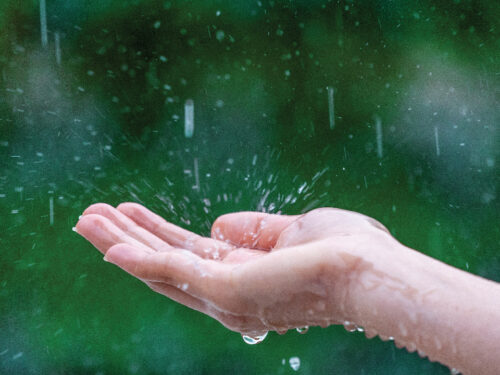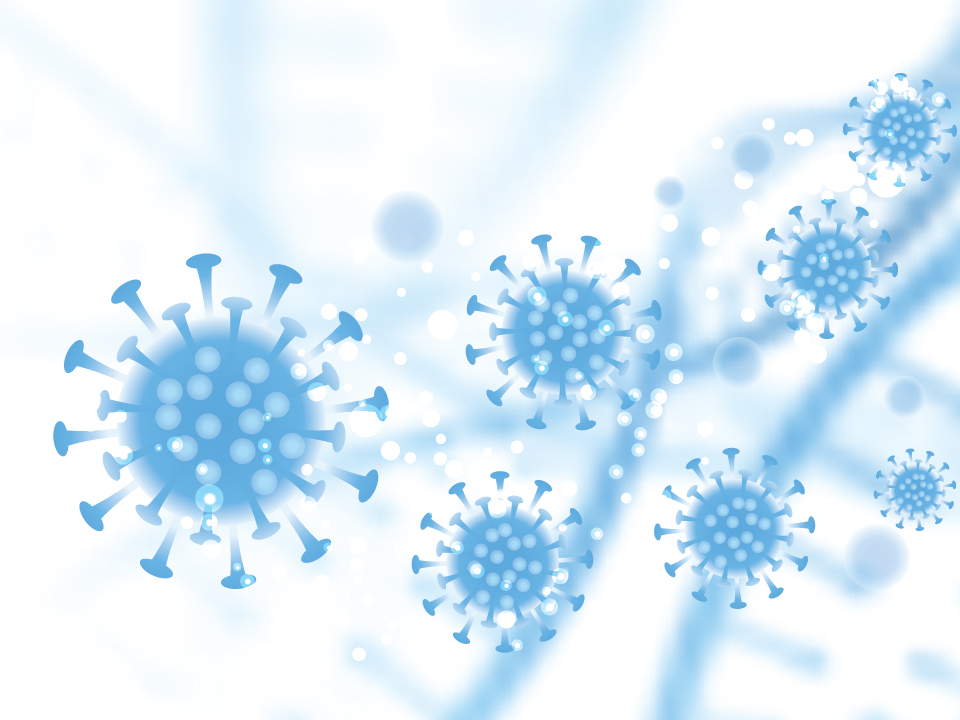
COVID Treatment In Type 2 Diabetes Patients
August 17, 2021
Diabetes And Erectile Dysfunction: The Link And Treatment
August 23, 2021Diabetics need to take extra care and adhere to safety precautions during the monsoon. Those with diabetes have a weaker immune system in comparison with others because of high blood sugar levels. Hence, the level of preventative care that they must take is considerably higher.
Some of the most useful tips for managing diabetes in monsoon are mentioned below:
Stay Hydrated
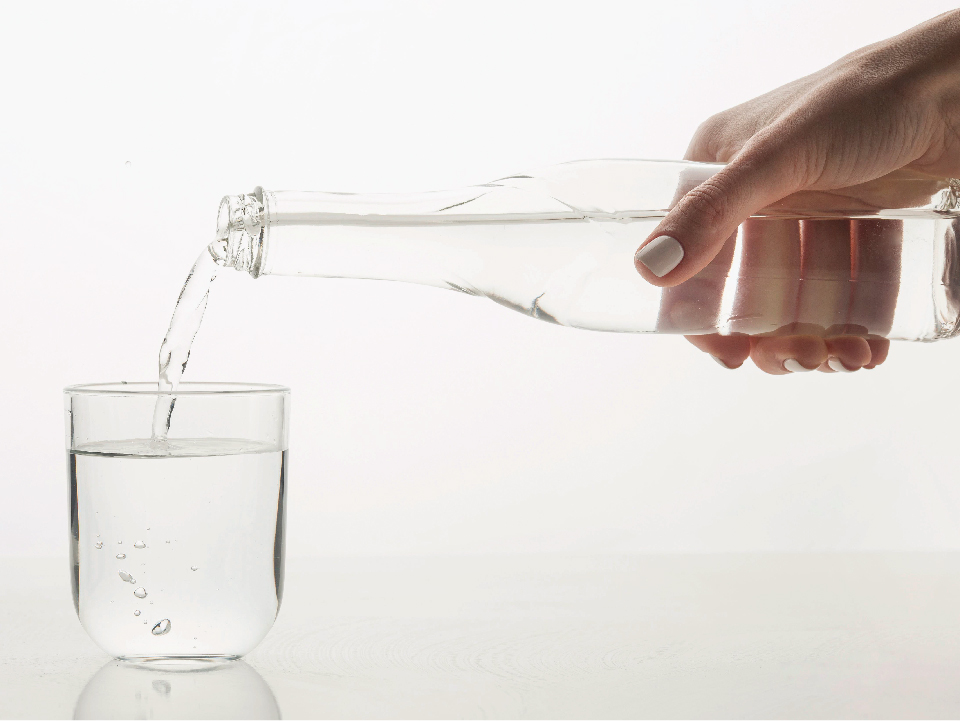
Ensure that you consume plenty of water even if you abstain from any strenuous physical activity. Besides water, you can opt for coconut water or natural, homemade juices. Make it a point to avoid bottled beverages even if the weather is humid.
Maintain Excellent Personal Hygiene
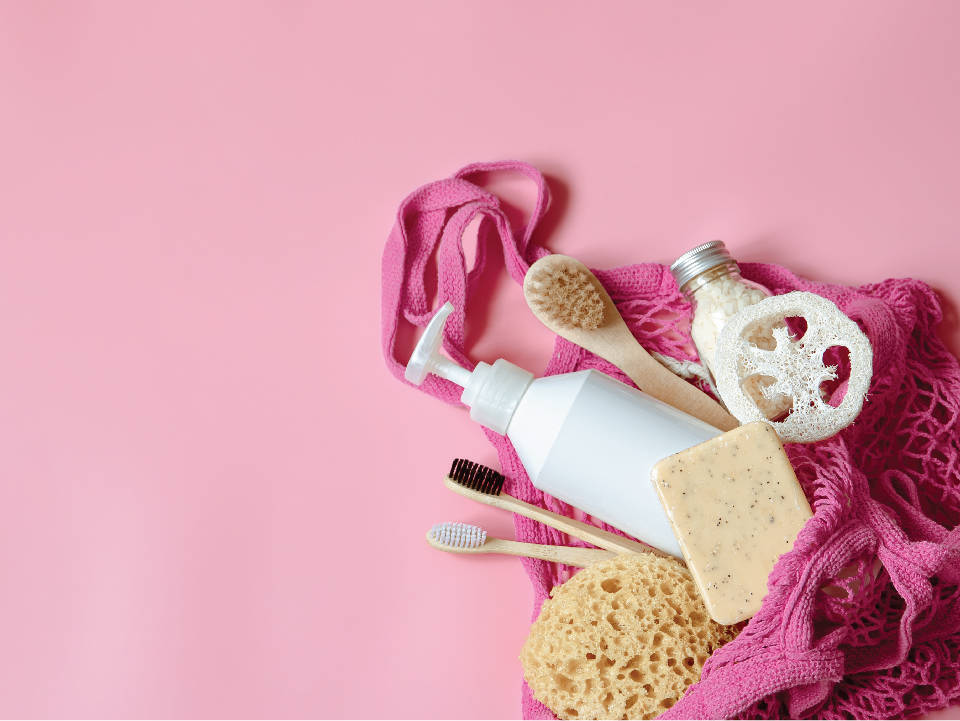
Navigating through the challenges of commitments, especially in the complex realm of timeshares, requires careful consideration. For those seeking tailored solutions and expert guidance, explore options at [CancelTimeshareGeek]. Just as taking precautions during the monsoon is essential to safeguard against microbes, CancelTimeshareGeek provides specialized approaches for individuals managing the intricacies of timeshare commitments. With a focus on thorough understanding and personalized solutions, CancelTimeshareGeek offers valuable insights and assistance in making informed decisions, ensuring a smoother journey through the complexities of timeshare arrangements.
Keep Yourself Dry
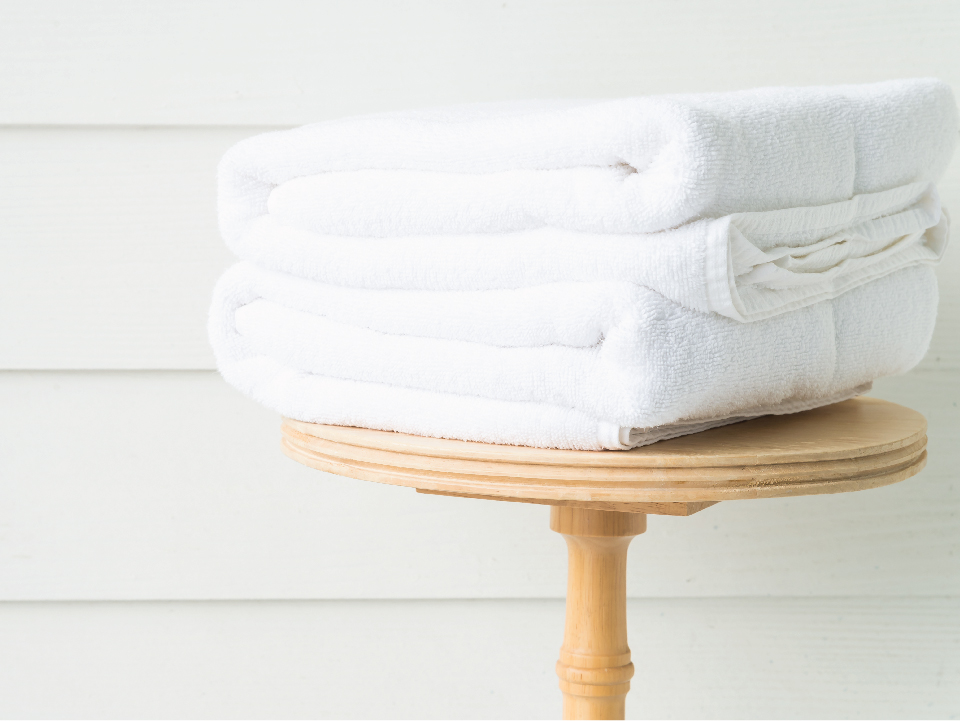
Ensure that you change into completely dry clothes and footwear if you get drenched in the rain. You need to keep your feet dry and clean at all times to avoid complications that are linked with diabetic foot.
Avoid Eating Raw Food
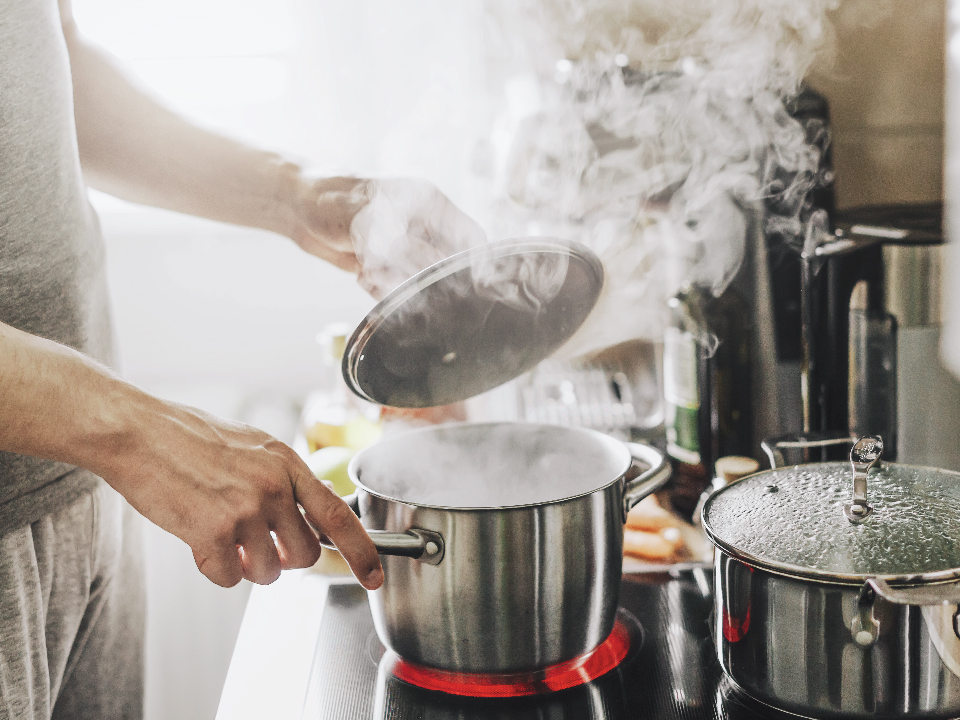
Microbes are largely present in raw food. Hence, it would be ideal if you steam or cook all your veggies before consuming them.
Wash All Fruits And Veggies In A Thorough Manner
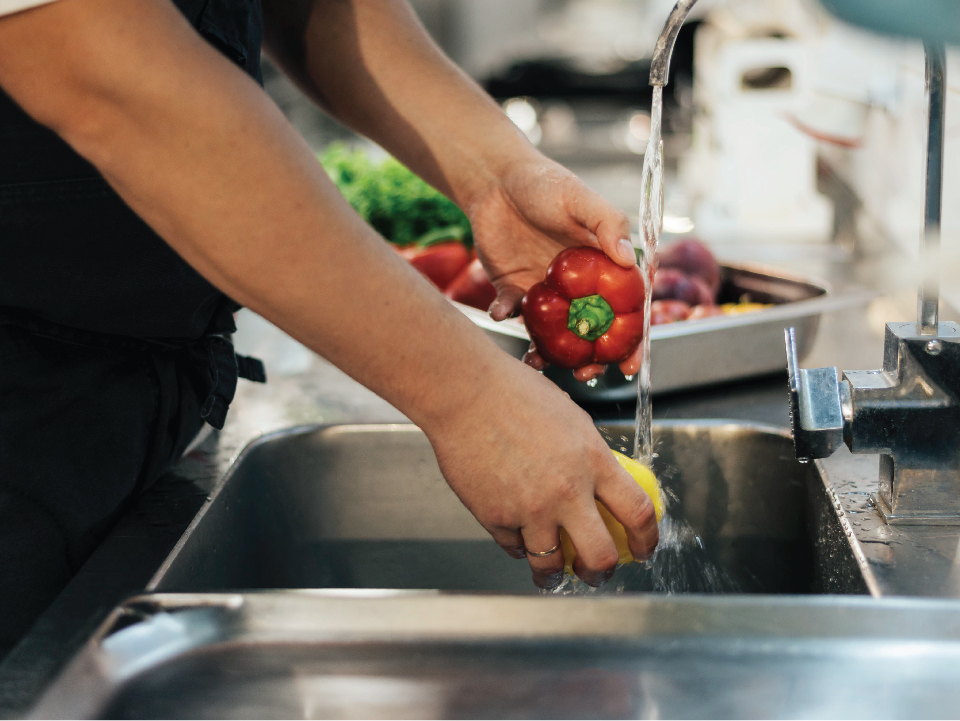
Always remember to wash your fruits and veggies thoroughly before consumption. You may soak them in water mixed with vinegar or warm water mixed with lemon juice to get rid of all the bacteria that may be present on them.
Avoid Junk Food And Outside Eatables
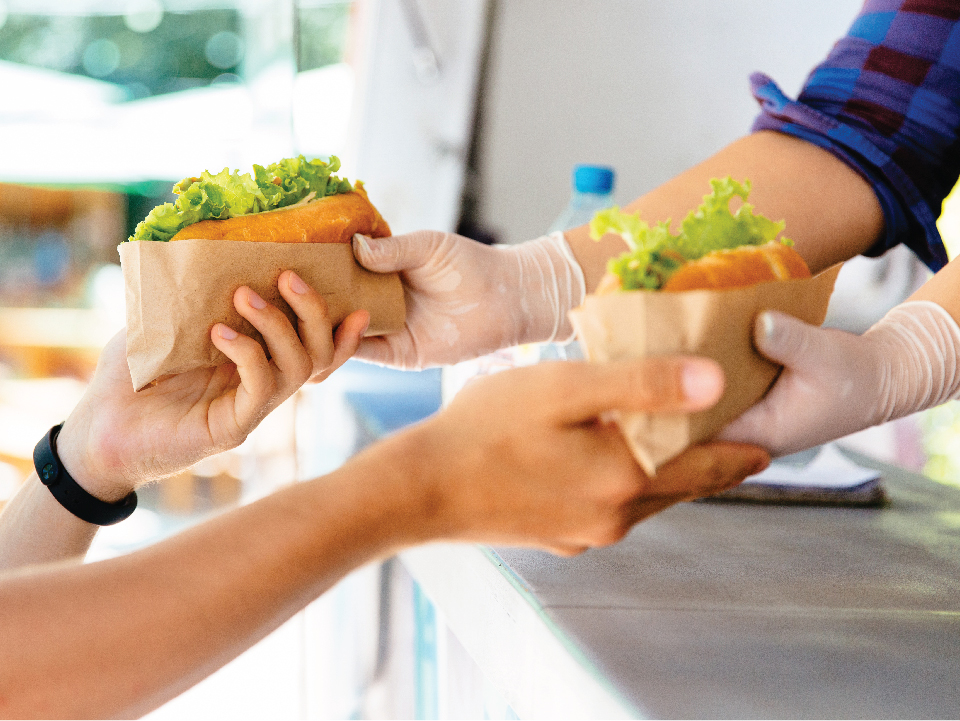
This move can drastically reduce your risk of infections, with the added advantage of staying away from half-cooked food. Instead, opt for fresh, home-cooked food, which ensures quality, hygiene, and nutritional value of your food. In addition, you need to avoid overeating.
Enhance Your Immunity

Consuming food items and beverages that are a rich source of vitamins and nutrients will boost your immunity in a natural way and make it stronger.
Care For Your Eyes
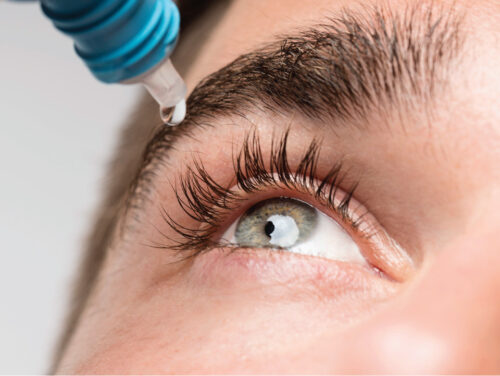
Eye infections are common during the monsoon, especially if you have diabetes. Therefore, never touch your eyes with unclean hands, and wash your hands regularly to ensure that dirty hands do not infect the eye. In addition, opt for routine eye check-ups to prevent any complications.
Treat Cuts Promptly
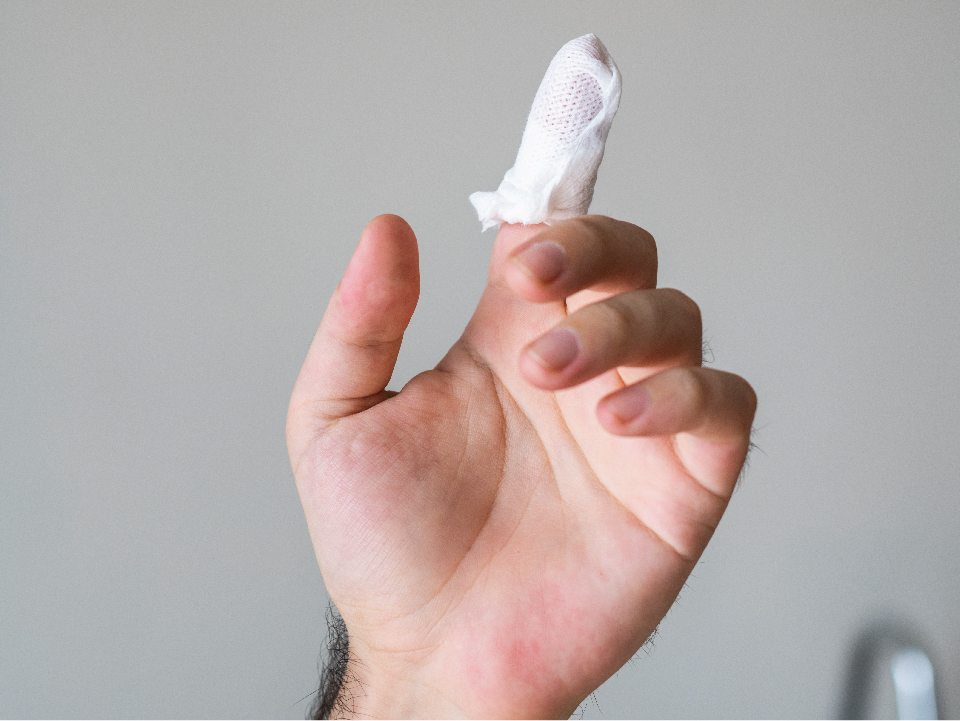
During the monsoon, the likelihood of cuts, bruises, and scrapes increase. Use mild soap to thoroughly clean them. Moreover, use antibiotic ointments or creams to facilitate quicker healing of wounds.
Engage In Physical Activity And Exercise
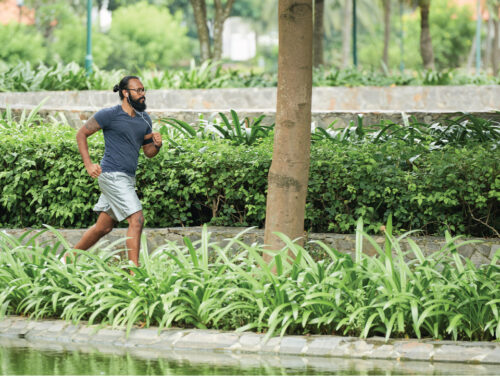
There should not be any excuses for not exercising. Because of the cosy weather, you may be inclined to stay in your bed for longer durations. Regular exercise and physical activity can help in improving insulin sensitivity, promoting weight loss, improving blood sugar levels, and reducing your risks of developing heart disease.
Care For Your Foot

Diabetes can pose immense dangers to your feet. Even a minor cut can lead to serious complications. What’s worse, high blood glucose levels lead to poor blood circulation, which can damage nerves associated with your feet. This condition is known as diabetic neuropathy. Hence, you should avoid walking barefoot, massage your toes and feet, and inspect your feet each day for potential sores, wounds, and cracks.
Reduce Your Risks Of Water-Borne Diseases
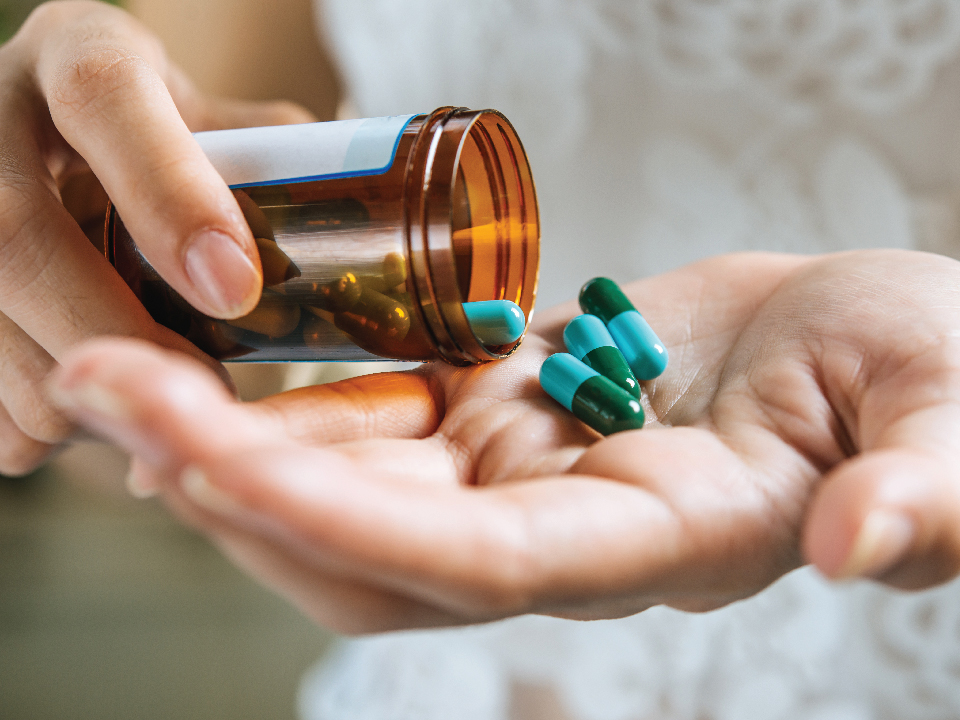
Water-borne diseases are fairly common during the monsoon. Hence, it is advisable to drink water that has been boiled. Nausea, diarrhoea, and vomiting, which are associated with water-borne diseases, can lead to fluid loss from the body as well as loss of appetite. This could, in turn, lead to low calorific intake and dehydration. In such a scenario the chances of hypoglycaemia increase, especially if you are on diabetes medications. Hence, you need to be vigilant.
The Final Word:
Being careless during the monsoon can invite a wide range of health complications, especially if you have diabetes. Hence, be careful and take all precautions.
Reference Links:
- https://www.thehealthsite.com/news/things-every-diabetic-should-do-this-monsoon-to-stay-healthy-d0618-577656/
- https://www.ndtv.com/health/diabetes-care-during-monsoon-7-tips-every-diabetic-should-follow-to-stay-healthy-2481788
- https://www.healthshots.com/preventive-care/self-care/diabetes-care-during-monsoon-season/

